How NFTs Could Save Wikipedia
And Help the Internet's Favorite Encyclopedia Turn Record Profits
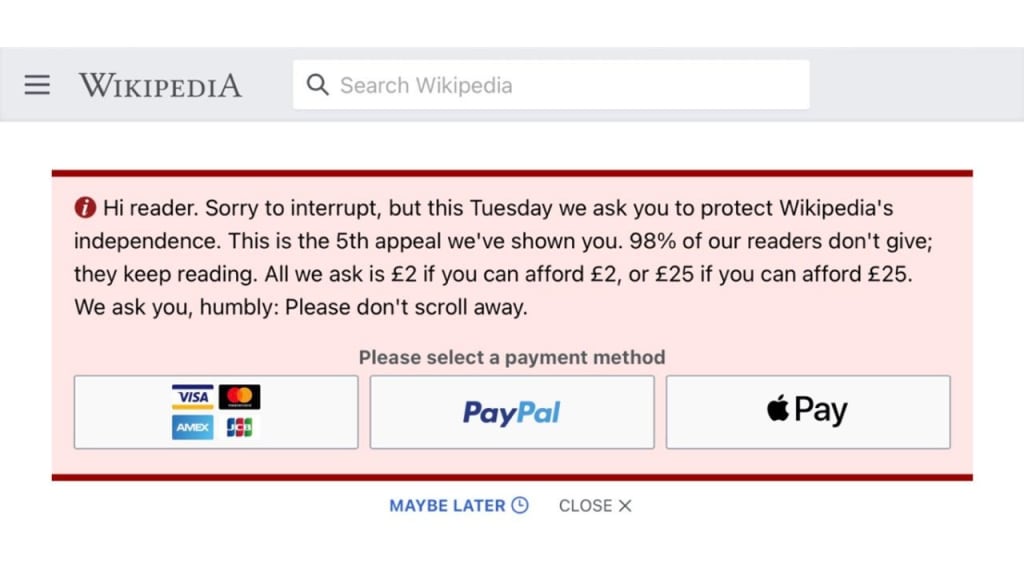
Perhaps you, like me, have opened a Wikipedia article only to be greeted by a big banner ad petitioning for your donation. It usually has the tone of something your grandmother might share on her Facebook feed. (You know, something to the affect of, "Share this post if you love puppies—only puppy haters will keep scrolling!")
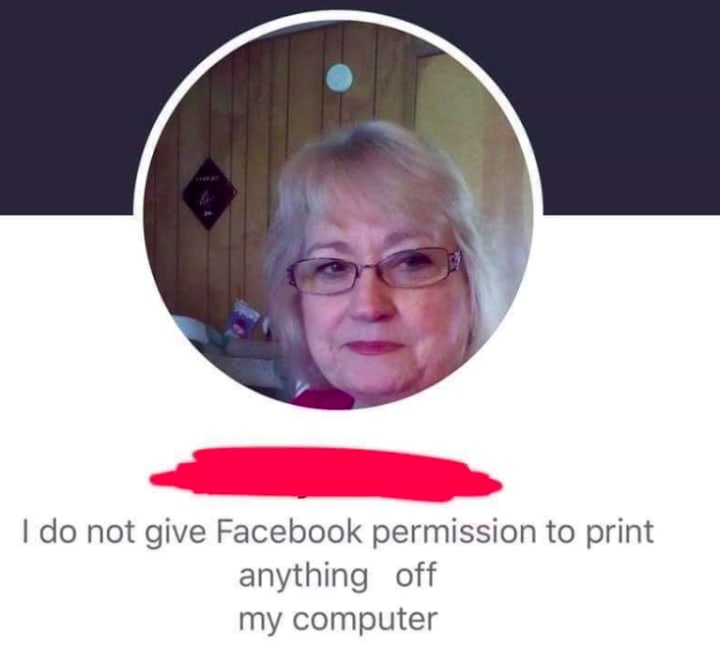
Maybe you've been better than I have—and have actually donated a couple dollars to help keep the site up and running. That's awesome! I don't work at Wikipedia, but as someone who frequently uses it... thank you!
For a website that has over 6 million articles, and rakes in ~255 million page views a day (source) I'm surprised that they even have to ask for donations!
Surely, a website that big—a true pillar of the internet—can find a way to monetize beyond ad revenue. They've got to be missing out on so much potential income from ads. And yet, Wikipedia has, we can only assume, intentionally held back from pursuing profits through advertising revenue. I'm grateful! I feel like ads would cheapen the feel of Wikipedia as a collaborative, evolving resource of mankind's knowledge.
So if they're not doing ads, and they want to get by on more than just donations, what could Wikipedia do to monetize?
Enter NFTs.
You may associate NFTs with people spending ludicrous amounts of money on cartoon images of monkeys. While the "bored apes" might have the spotlight, the truth is: there's so much more happening in NFTs. (From an evolving global art market, to event ticketing, real estate, and more!) It's an ever evolving world that Wikipedia could benefit from.
Think of NFTs simply as a way to prove digital ownership of digital assets—images, audio, text, web content, whatever you'd like!
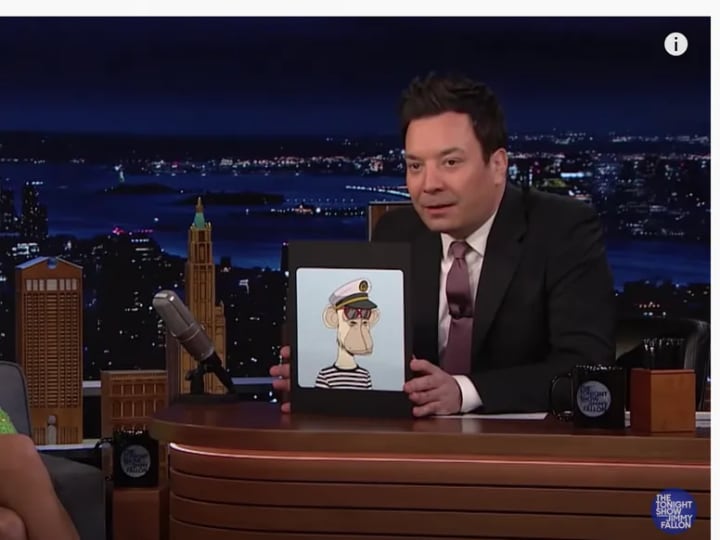
I would recommend that Wikipedia take a cautious, simplistic approach to the idea of NFTs. Don't worry too much about "the blockchain," "cryptocurrencies," or any of the other buzzwords. Just look at something else as simple as charging people to "name a star," or selling lunar real estate.
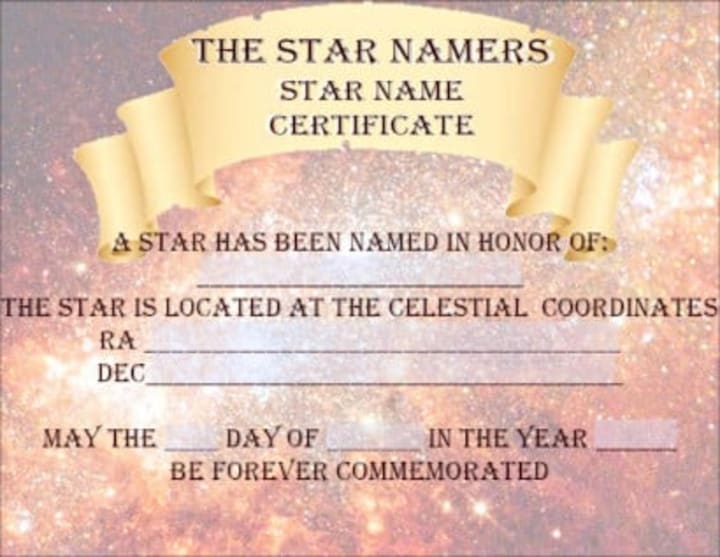
Of course, both of these practices seem like the epitome of grifting. Can you really name a star? Or "own" property on the moon? You might have a certificate saying so, but it's probably not universally recognized.
Wikipedia is different. Instead of stars and acreage on the moon, what do they have to offer? Their articles!
Think of this approach less like a star registry, and more like the "Adopt a Highway" program. In the United States, the "Adopt a Highway" program allows people, businesses, and other organizations to "adopt" a few miles of road. They get to put their name on a sign in exchange for picking up litter and cleaning the road a few times a year. This has been a great way to keep roads clean, save taxpayer dollars, improve public perceptions of a business, and even memorialize loved ones.
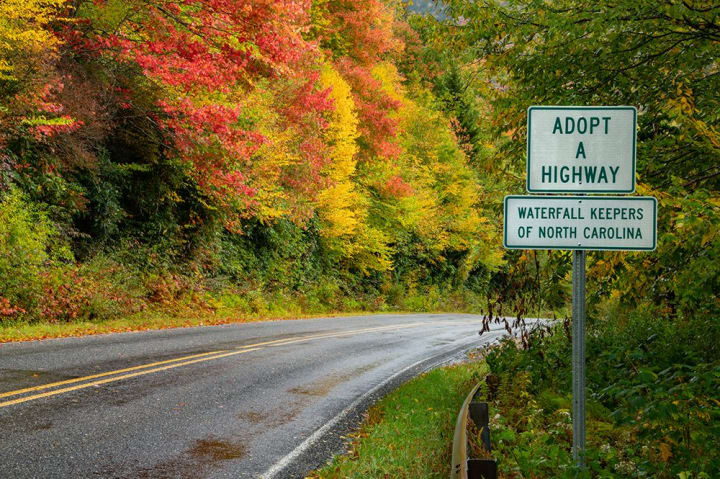
I think that this exact approach could not only save Wikipedia, but help it become extremely profitable.
The idea is this: Instead of asking for donations, Wikipedia should invite viewers to "Adopt an Article."
All of the sudden, instead of a one-way transaction in which Wikipedia receives a donation, their plea becomes an exchange of value.
By donating to Wikipedia, you get to "adopt" an article. Are you a fan of parakeets? Donate $25, and Wikipedia will add your name to the top of the article as a sponsor of public knowledge. Just a little something to brag about at the water cooler.
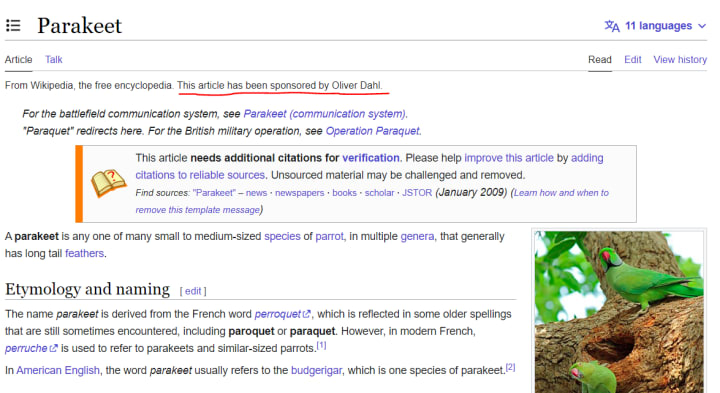
Not only does it become a fun way to "collect" some of the things that you enjoy, it also gets your name associated with the articles' content in an unobtrusive way. "Owning," "collecting," or "sponsoring" the Wikipedia Article wouldn't give you literal ownership or extra editing privileges. (Just as those who "Adopt a Highway" don't actually own the land the road is build on.) But the benefits of sponsoring accessible information could be huge.
And this kind of approach isn't new to NFTs! You may have seen parks with sidewalks made of bricks engraved with the names of donors that made the park possible. The same is often true of libraries, hospital wings, churches, university buildings, and more. Funding the arts and education was once a publicly lauded way to display one's wealth. Adopting Wikipedia Articles would make that easier than ever, and bring the practice into the accessible world of Web3.
Perhaps Wal-Mart wants to sponsor the Wikipedia article for "Supermarket." And Apple wants their name on the pages about the iPhone, iPad, Macbook, etc. Maybe Waffle House wants to "collect" the articles on "waffles" or even "breakfast."
Suddenly, corporate sponsorship of information becomes a new way to establish a brand as a leader in their field. "Wikipedia Article Collecting" becomes a priority alongside first-page Google search engine optimization.
But what if the articles you want have already been collected?
That's where some of the key features of NFTs come in. By making each Wikipedia article a "token" of sorts, they can become tradable. Let's say I paid $25 to own the parakeets article, and I list it for $200 on the secondary market. A pet store specializing in parakeets comes along and decides it's worth $200 to them to have their name associated with "parakeets" on Wikipedia. They collect it from me, and I get ~$180—with Wikipedia earning a 10% royalty from each and every secondary sale.
Because trading is possible, more people will be likely to adopt articles. Some, for authentic interest, and some with the intent to "flip" for greater profits. So Wikipedia wins when the article on "search engines" is collected... and they win $100,000 when Bing comes along and collects it for $1 million. And they win $4,000,000 when Google comes along and collects it for $40 million. Wikipedia can earn money from the same asset (article) multiple times over. (One of the key selling points of NFTs for me.)
Not all articles will be as valuable as others. Maybe a bidding war occurs between Wendy's, McDonald's, and Burger King for pages about "Fast Food," "Hamburgers," and "French Fries." Other articles may stay with a single owner—fans of obscure biological or remote geographical trivia.
Of course, these are just a few of the possible markets that could develop within Wikipedia trading. Think about baseball card and sports memorabilia collectors. What superfan wouldn't want to pay to have their name associated with their favorite team, player, sport, or venue? Rookie cards might be rare, but there's only one Babe Ruth Wikipedia article.
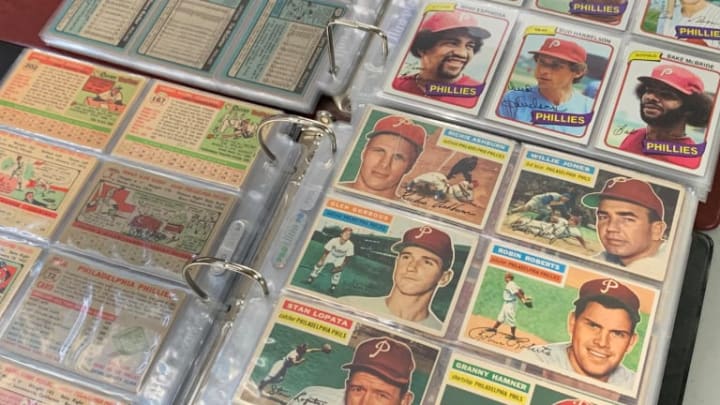
Or what about music? Or movies? A world of artists, films, TV shows, actors and actresses, directors, and studios opens itself up to collecting. (I imagine the Nicolas Cage Wikipedia Article could become a hot commodity, for example.)
Ultimately, these articles can become valuable assets and commodities for collectors, enthusiasts, brands, and organizations. A secondary market exponentially increases the profitability for both Wikipedia and those that "adopt" their articles. All without having to add obtrusive, distracting advertisements on each page. Just a simple "Collected/Sponsored by ______." Clicking on the name of the sponsor could even lead to a profile showing all of the articles that they've adopted.
Wikipedia's main goal isn't to "be profitable." It's to make information accessible. It's to "Imagine a world in which every single person on the planet is given free access to the sum of all human knowledge. That's what we're doing." - Jimmy Wales, cofounder of Wikipedia. (source)
In my mind, a website with a goal that noble, with a daily readership so expansive shouldn't have to beg for donations. They shouldn't have to rely on advertising or start selling t-shirts to continue providing the valuable service they offer.
Web3 offers new, unprecedented opportunities for monetization—opportunities that reward sponsorship with "digital ownership," while maintaining free, unfettered, unaltered, ad-free public access to the commodities and assets being traded.
So anyway, if you have connections to Wikipedia, send this their way. I'm trying to get a 1% cut.
Oliver Dahl
My website: www.oliverdahl.com
My NFTs: foundation.app/@oliverwdahl
My Twitter + Instagram: @OliverWDahl
About the Creator
Oliver Dahl
Oliver Dahl is a published author and photographer from Boise, Idaho.
He currently studies marketing at Brigham Young University.
Website: www.oliverdahl.com
Instagram: @OliverWDahl






Comments
There are no comments for this story
Be the first to respond and start the conversation.